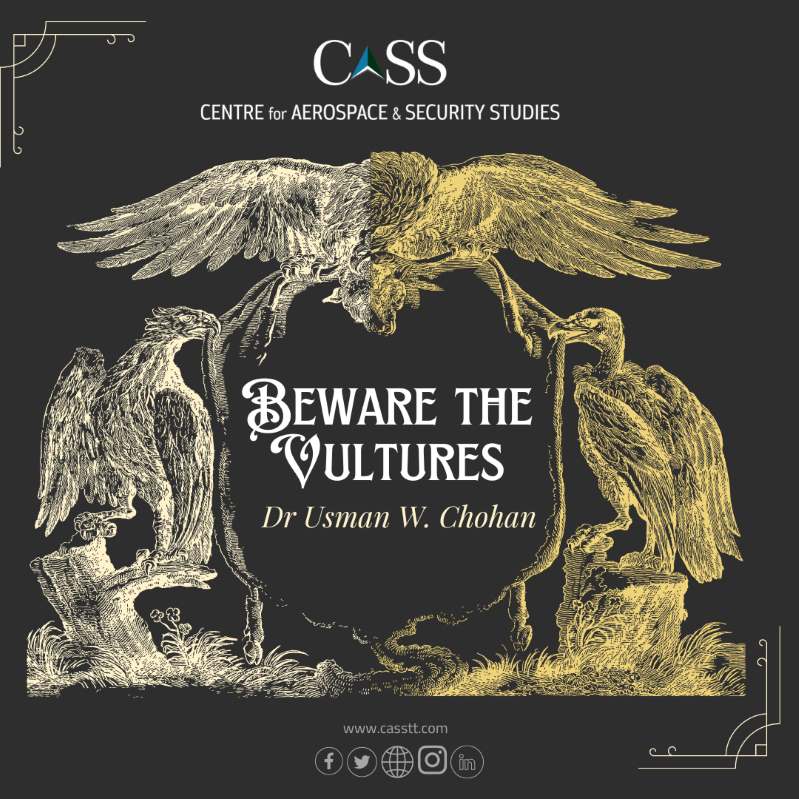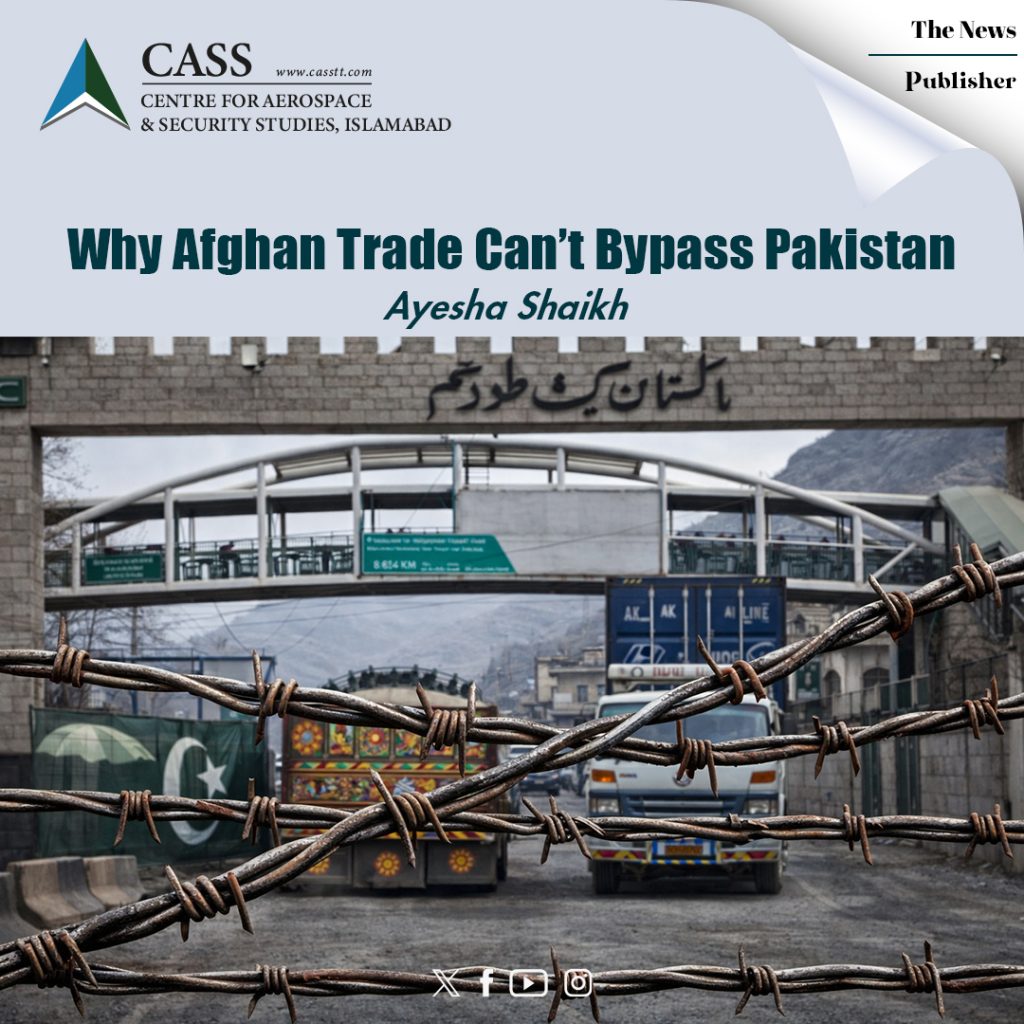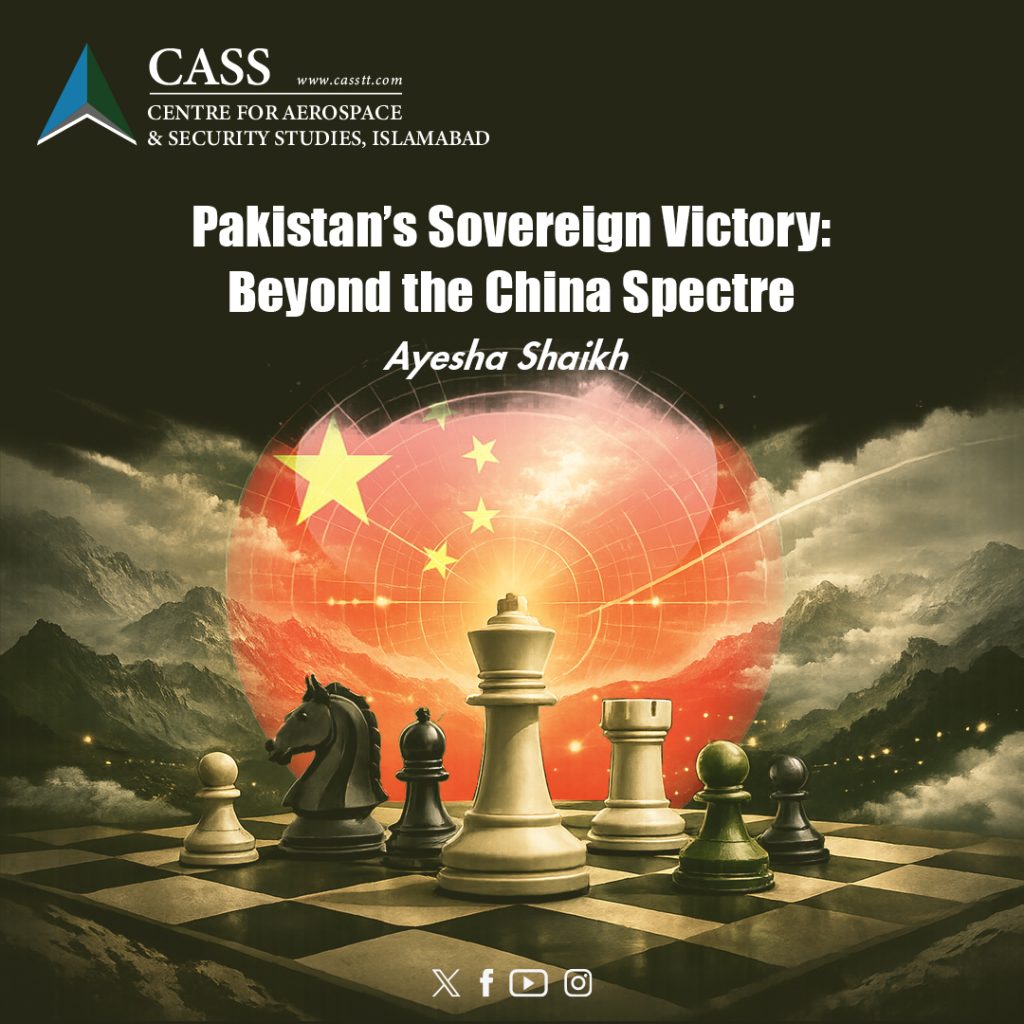As the world economy continues to reel from the economic aftershocks of coronavirus (Covid-19), there has been a mounting pressure on countries, particularly in the developing world, to stave off a debt-induced collapse in their fiscal positions.
The comparatively meagre resources of developing countries mean that they are less capable of withstanding the economic paralysis that accompanies a domestic lockdown or global financial deadlock. For this reason, an international appeal has been made to creditors for a moratorium on debt payments from developing countries.
This movement has been led by Pakistan, which over the past 70 years has been a champion of the causes of the developing world. As its recently announced budget reveals, roughly 40 per cent of the government’s fiscal capacity will be allocated towards domestic and foreign debt servicing.
In other words, nearly half of the government’s resources are immediately unavailable for grappling with the momentous crisis of coronavirus. This raises a humanitarian question: should creditors really be raking in their interest and principal payments when there is a risk of mass starvation and pauperization in the Third World.
Pakistan’s strong advocacy has yielded fruit, in the sense that G20 creditor countries have expressed a willingness to defer the debt obligations of developing countries for the immediate period. Pakistan has also been included in the list of countries qualifying for debt relief.
The G20 governments realise that too great a debt burden in such dire circumstances will delay a global recovery, and push hundreds of millions into the sort of poverty from which no easy recovery will be possible. The interconnectedness of the modern economy means that the hardships in the developing world will ultimately bear out on the developed world in no small part. But this is the element of public debt on the balance sheets of the Third World. There is, in fact, another swarm of creditors that is scarcely bound by high minded ideals. These are called the “vultures” in common financial parlance, and represent the hedge funds and other big finance players that profit off of the misery of the world’s poor. These vultures are companies that have purchased the debt of distressed countries at a steep discount, and then attempt to gut countries for their assets to make handsome returns off the backs of societies with already insufficient resources to save their own people.
Vultures are now large players in the international sovereign debt markets, and increasingly own enough of a country’s debt to dictate just how it will organise its economy in their service. A contemptible assortment of private players, these vultures are perhaps the cruellest breed amongst an already disreputable cabal of gougers in modern global finance.
These vultures are now the angels of death that will decide how much of certain countries’ fiscal resources will actually go towards combating a global pandemic. Their power is by no means trivial, as some examples can illustrate.
For one, a sizeable portion of Lebanon’s debt is owned by a vulture name Ashmore, which allows it a veto over how the country will restructure some of its largest bonds. Lebanon is in midst of political upheaval and economic dysfunction, even before taking the coronavirus into consideration.
As another example, Franklin Templeton has snapped up enough of Ukraine’s bonds in restructuring to become the country’s largest de facto private creditor. It can thus determine how Ukraine will emerge from the ashes of the pandemic (or indeed submerge).
As but a further example, the cabal of Fidelity, Blackrock, and T. Rowe Price, who are some of the largest institutional investors in the world, but behave as alleyway loan sharks the Argentine context, now have enough leverage over Buenos Aires that they can make or break any deal that Argentina seeks to make to save itself fiscally, after having seen more than a generation of economic strife and earlier collapses.
Countries such as Lebanon, Ukraine, and Argentina can receive assistance in the form of debt relief from world governments, as can Pakistan. This is because the economic collapse of such countries might unleash a whirlwind of havoc that developed countries would not be able to stem once it spins out of control.But do private creditors adhere to such humanitarian considerations? The vultures have been gutting countries for quite a long time, and revel in the profits at the expense of peoples. Coronavirus does not seem to compel them to stay their hand, or their greed, and these vultures do not seem responsive to a pandemic of historic proportions.
This leads to questions about how far private power has gone in modern capitalism, and how many lives will its vultures leave decimated before some coherent system is devised for proper sovereign defaults. Indeed, the larger problem in the global economic system is that the absence of a systematic set of rules for sovereign defaults, which leaves many developing countries at the mercy of predatory private players.
So as Pakistan gains ever-increasing support for an international moratorium on debt, we must realise that this encompasses only the government creditors of the world. Who is to compel the private-power vultures to show anything resembling a moral sense?Or is it that, despite all the rhetoric of solidarity one hears during this pandemic, there are groups that wish to feed on our carcasses? Then which is the truly monstrous force of nature: an invisible pathogen in our lungs, or the ravenous vultures grasping at our throats?
–The writer is the Director for Economics and National Affairs at the Centre for Aerospace and Security Studies (CASS). This article was first published in The Nation newspaper. He can be reached at [email protected].





